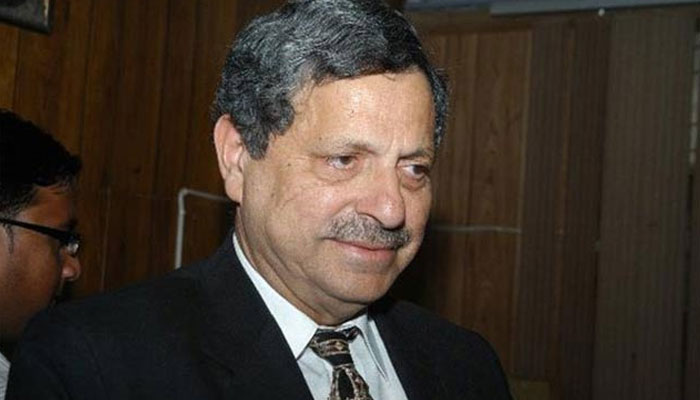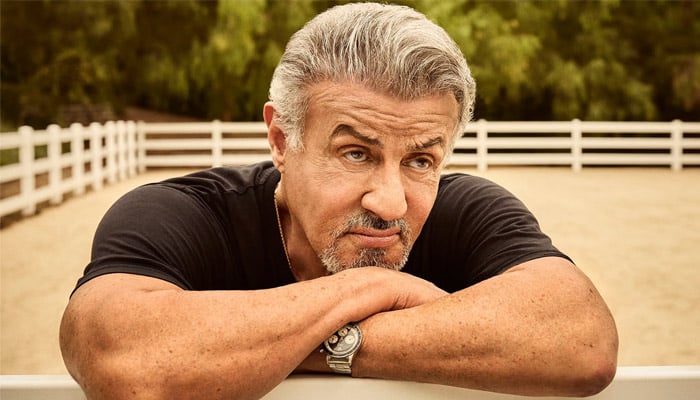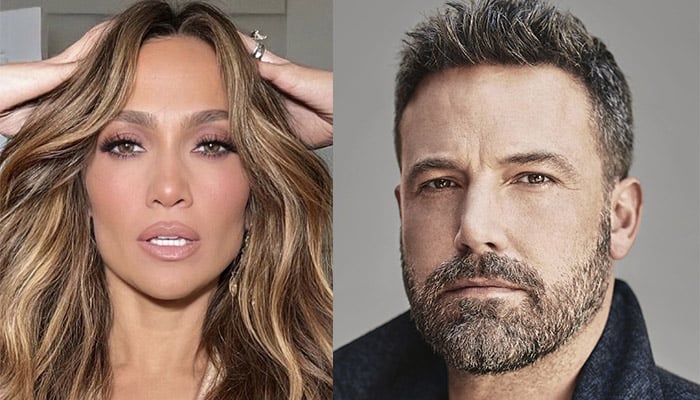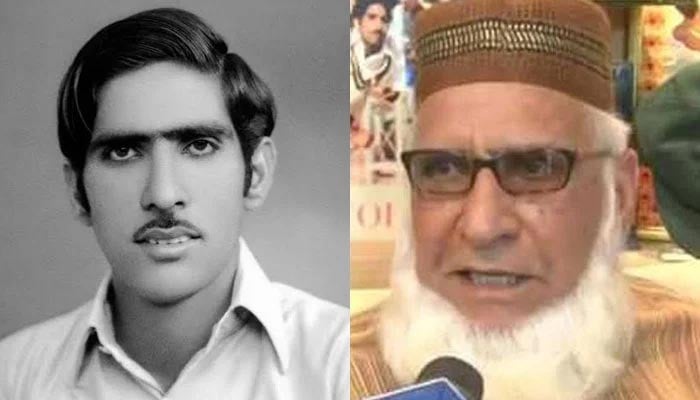

- “As lawyers we will condemn this nomination,” says Hamid Khan.
- PTI leader hopes Justice Afridi will refuse his nomination as CJP.
- Ahsan Iqbal says it isn’t unusual practice to skip seniority principle.
The Pakistan Tehreek-e-Insaf (PTI) has rejected the nomination of Justice Yahya Afridi as the next Chief Justice of Pakistan (CJP), vowing to launch a protest movement against the Special Parliamentary Committee’s decision.
“As lawyers we will condemn this nomination and will launch a protest movement,” PTI leader Hamid Khan said while speaking to Geo News following the parliamentary panel’s meeting, which the former ruling party boycotted.
However, he expressed hope that Justice Afridi will not accept the nomination as chief justice.
Meanwhile, Planning Minister Ahsan Iqbal has rejected the opposition’s allegations of creating a “constitutional crisis” by picking a chief justice after neglecting the seniority principle.
Speaking to Geo News, Iqbal said that the Imran Khan-founded party was seemingly eyeing to fulfill its political agenda via a specific nomination for the new CJP.
He defended the Special Parliament Committee for nominating Justice Afridi as the new top judge, saying that the decision was taken on merit.
He was of the view that it was not an unusual practice to skip seniority principle as the country witnessed such examples for the appointments the chief justices of the high courts.
The minister further said that the country needed a statesmanship and a strong leadership to end polarisation in the top court’s benches and judicial system besides strengthening the judiciary and bringing harmony to the institution.
The nomination came after two rounds of in-camera meeting of the parliamentary panel with the PTI-backed Sunni Ittehad Council (SIC) boycotting the proceedings "in line with the party's political committee's decision".
The committee consists of senators Azam Nazeer Tarar from the Pakistan Muslim League-Nawaz (PMLN), Farooq H Naek from Pakistan Peoples Party (PPP), and Kamran Murtaza Jamiat Ulema-e-Islam-Fazl (JUI-F).
Meanwhile, members of the NA from PML-N include Khawaja Asif, Ahsan Iqbal and Shaista Parvez; Raana Ansar from Muttahida Qaumi Movement-Pakistan (MQM-P), Syed Naveed Qamar and Raja Pervez Ashraf from PPP.
In a statement, the National Assembly Secretariat said that the SIC members took final decision not to attend the parliamentary panel’s meeting. “The committee has been apprised of the SIC’s decision.”
The secretariat noted that a sub-committee, comprising four members — Ahsan Iqbal, Rana Ansar, Raja Pervez Ashraf and Kamran Murtaza, was constituted to convince the SIC lawmakers to attend the meeting, “but to no avail.”
During their meeting with SIC members, the statement noted, Barrister Gohar Ali Khan said that they would not attend the parliamentary committee’s session in line with the PTI’s political committee decision.
The government is racing against time to appoint the new top judge as the incumbent CJP Qazi Faez Isa is set to retire on October 25. Under the previous law, the incumbent CJP would have been automatically replaced by the senior puisne judge — Justice Mansoor Ali Shah.
However, the method has been changed following the enactment of the contentious 26th Constitutional Amendment Bill.
Under amendments to clause 3 of Article 175A, the top judge will now be “appointed on the recommendation of the Special Parliamentary Committee from amongst the three most senior judges of Supreme Court” with two-thirds majority.
It may be pointed out that the process for appointment of the new chief justice is required to be completed in the next three days as incumbent CJP Isa is going to retire on October 25.
As per clause 3C of Article 175A, the committee by the majority of not less than two-thirds of its total membership, within 14 days prior to retirement of the CJP would send the nomination. However, the first nomination under clause 3 after commencement of the Constitution (Twenty-sixth) Act 2024 would be sent within three days prior to retirement of the chief justice.
However, the clause (3) of Article 175A also mentioned that if the nominee from amongst three senior most judges declines, the remaining judges from amongst three senior most judges would be considered for nomination.












